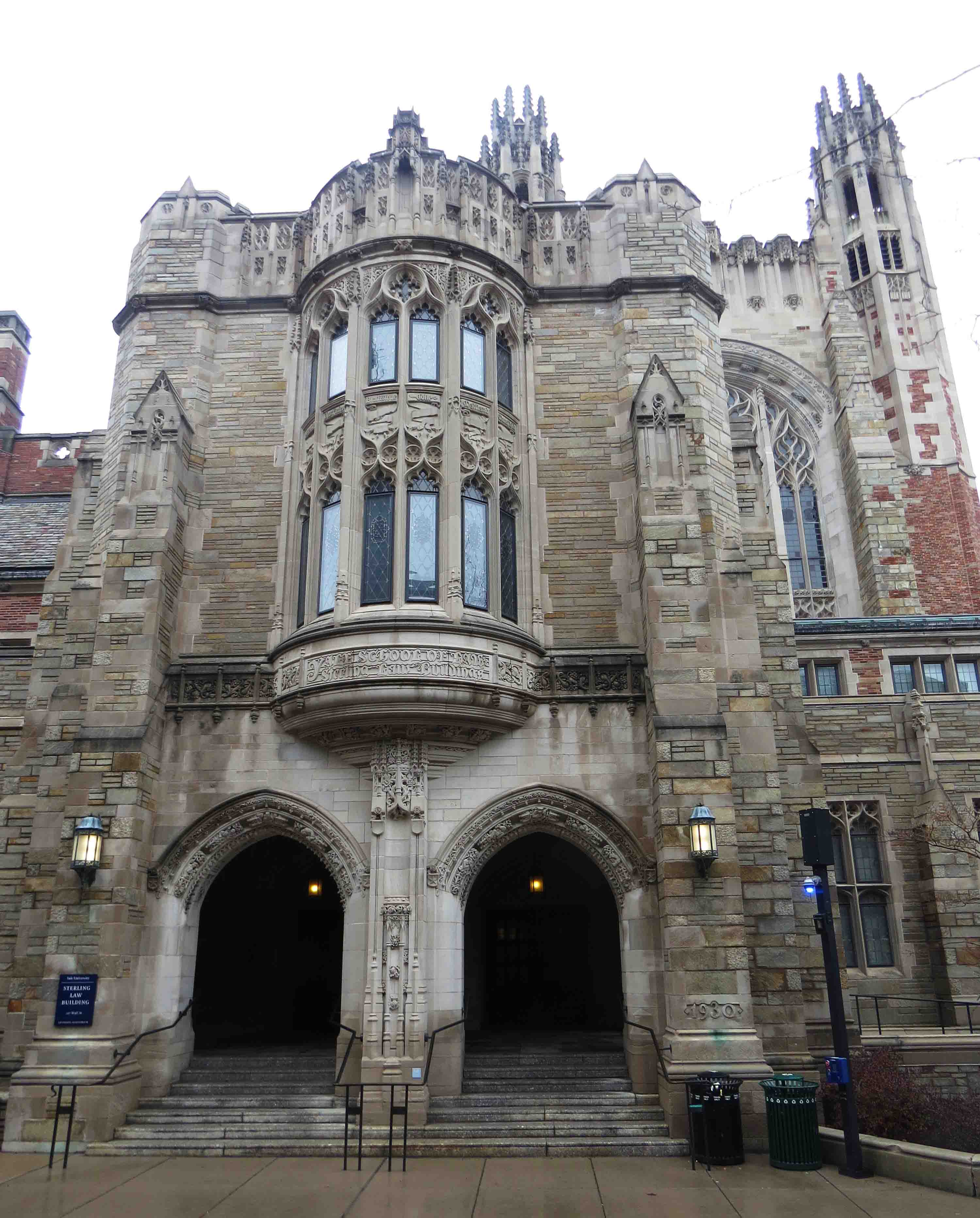
With former Secretaries of State Madeleine Albright and John Kerry ’66 as their clients, Yale Law School students and faculty involved in a new law clinic have become a major force in legal battles against President Donald Trump’s order banning immigration from certain Muslim-majority countries.
Since February, the Law School’s Rule of Law Clinic has filed five amicus briefs opposing the ban on behalf of a bipartisan group of high-profile national security officials, including UN ambassadors and secretaries of state. Former Law School Dean Harold Koh, who served as legal adviser of the Department of State for four years under the Obama administration, formed the clinic in January as a response to potential threats to rule of law values during the Trump presidency.
“This is our constitution — it’s a lot bigger than any one person. Just because someone is elected president does not mean they own the law,” Koh said.
The briefs deal with immigration cases across the nation and argue that Trump’s order undermined U.S. national security and foreign policy interests.
On Feb. 3, a Federal District court in Seattle issued a temporary restraining order that halted key components of the immigration order, and the U.S. Justice Department appealed the ruling the following day. Two days later, the Yale Law clinic filed an abridged declaration signed by 10 former national security officials, including two secretaries of state, a U.S. ambassador to the United Nations, a secretary of homeland security and leaders of the Central Intelligence Agency.
Koh said he was glad that the clinic was able to draw attention to people impacted by the ban, whose voices otherwise may not be heard, and collect information that judges would not otherwise take into account.
The law clinic declaration, which was signed by national security officials who had intelligence about active terrorist threats against the U.S. when they were in position before Trump’s order, stated that there was no specific threat that could justify the travel ban.
“It could do long-term damage to our national security and foreign policy interests, endangering U.S. troops in the field and disrupting counterterrorism and national security partnerships,” the declaration said.
Clare Ryan LAW ’13 GRD ’19, who works as an instructor in the clinic, said these experts brought first-hand knowledge about the history and decision-making process of national securities policies, which helped support arguments against the order’s constitutionality.
Koh noted that the challenge in drafting these clinic documents is securing agreements from all the top-level signatories, as they have high standards of precision in legal writing. Nevertheless, Koh said the officials, most of whom are his friends and clients in other capacities, were cooperative with the Yale clinic.
Ben Alter ’11 LAW ’18, another student in the clinic, emphasized that the signatories come from both the Republican and Democratic parties, which underscores the nonpartisan character of the rule-of-law value. He added that the national security subsection of the law clinic continues to monitor current affairs and anticipate rule-of-law challenges based on Trump’s rhetoric from the campaign, so that the clinic is always ready to respond.
Zoe Weinberg LAW ’19, another student in the clinic, said it was exciting to see how powerful the law can be and the degree to which lawyers can react under short notice.
“These are my first sets of clients,” Weinberg said. “Few law students can say that.”
Kerry will return to Yale next year to lead an interdisciplinary global affairs program called the Kerry Initiative.







